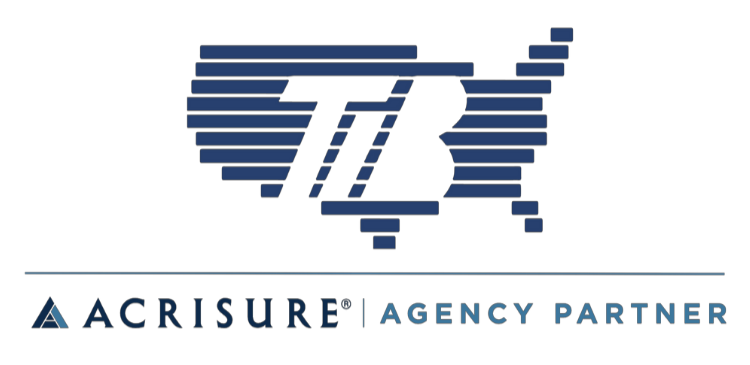Businesses dependent on passenger transportation must ensure their vehicles receive regular maintenance. Buses require maintenance to ensure they can pick up and drop off passengers safely. Lack of maintenance has been listed as one of the top reasons for bus crashes. Reports show that in 2018, there were 414,000 bus and commercial vehicle accidents that resulted in property damage. That same year, there were more than 990,000 buses registered in the U.S.
Maintenance Checklist
A maintenance checklist is vital for ensuring safety during driving. Here are some things you can do to keep your fleet of buses in tiptop shape.
- Maintenance Manager – Employing a maintenance manager can be a big help to your business. This ensures you have someone whose main duties include keeping up with the maintenance of your bus fleet. It’s recommended to set your business up this way so you can address issues quickly. It may also be a good idea to hire a team of maintenance professionals to be managed by a maintenance manager.
- Daily Check-Ins – You should require your drivers to complete a daily checklist of things like tires, lights, seat belts, brakes, etc. This can reduce the chances of an unexpected maintenance issue happening while the bus is being used. It also allows you to be notified about a serious maintenance issue sooner so that you can address the issue quickly.
- Spare Parts – When you have spare parts available, it can help speed up any maintenance or repair issues. It’s also a good idea to make sure that your spare parts are high-quality parts.
- Regular Inspections – Schedule regular inspections for your fleet by a mechanic. This will ensure that your buses can be taken care of and observed by a professional. Mechanics should look at the oil, tires, electrical system, battery, brakes, and other vital aspects of the vehicle. This also helps to make sure your vehicles can remain in good working order as long as possible.
Federal Guidelines and Regulations
The Federal Motor Carrier Safety Administration is a government agency that regulates and provides guidance for trucking companies, interstate bus companies, and others that hold commercial driver’s licenses. The safety compliance and enforcement program under the FMCSA is known as CSA. It stands for Compliance, Safety, Accountability.
Every month, company data is updated on the FMCSA’s Safety Measurement System, which appears online. It includes information from inspections, driver and vehicle violations, and crash reports from the past two years.
CSA uses seven categories to measure and regulate safety measures including vehicle maintenance:
- Unsafe Driving (speeding, reckless driving, improper lane change)
- Crash Indicator (crash history)
- Hours-of-Service Compliance (noncompliance with hours-of-service regulations)
- Vehicle Maintenance (brakes, lights, defects, failure to make required repairs)
- Controlled Substances/Alcohol (use or possession of controlled substances/alcohol)
- Hazardous Materials Compliance (leaking containers, improper packaging)
- Driver Fitness (invalid license, medically unfit to operate a commercial motor vehicle)
Transportation Insurance Brokers: Your Insurance Needs in One Place
Make sure your business has everything it needs when you work with Transportation Insurance Brokers. We have passenger transportation insurance options that will protect a variety of commercial businesses. Plans include commercial auto insurance, property insurance, umbrella insurance, cyber insurance, employment practices liability, professional liability insurance, property liability insurance, employee benefits, and workers’ compensation. Please contact us so we can give you a quote!



